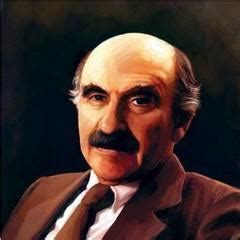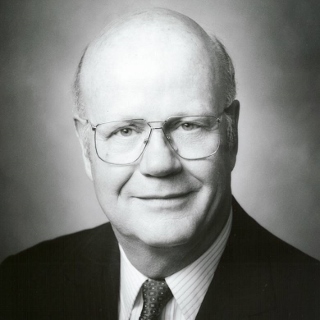A Quote by Marco Arment
I don't need every customer. I'm primarily in the business of selling a product for money. How much effort do I really want to devote to satisfying people who are unable or extremely unlikely to pay for anything?
Related Quotes
The most common way customer financing is done is you sell the customer on the product before you've built it or before you've finished it. The customer puts up the money to build the product or finish the product and becomes your first customer. Usually the customer simply wants the product and nothing more.
If you have loans, the first thing you want to do is say, "Okay, look I have a credit card, if I really need to borrow, I have this emergency money that I can get, but for now there is no reason for me to keep cash at zero percent interest rate and at the same time, pay all of this money out. So, I think people need to figure out quickly how to pay loans and how much cash they should really keep.
Traditional sales and marketing involves increasing market shares, which means selling as much of your product as you can to as many customers as possible. One-to-one marketing involves driving for a share of customer, which means ensuring that each individual customer who buys your product buys more product, buys only your brand, and is happy using your product instead of another to solve his problem. The true, current value of any one customer is a function of the customer's future purchases, across all the product lines, brands, and services offered by you.
Your business should be defined, not in terms of the product or service you offer, but in terms of what customer need your product or service fulfills. While products come and go, basic needs and customer groups stay around, i.e., the need for communication, the need for transportation, etc. What market need do you supply?
Selling concerns itself with the tricks and techniques of getting people to exchange their cash for your product. It is not concerned with the values that the exchange is all about. And it does not, as marketing invariable does, view the entire business process as consisting of a tightly integrated effort to discover, create, arouse and satisfy customer needs.
In the new American ghetto, the nightmare engine is bubble economics, a kind of high-tech casino scam that kills neighborhoods just like dope does, only the product is credit, not crack or heroin. It concentrates the money of the population in just a few hands with brutal efficiency, just like narco-business, and just as in narco-business the product itself, debt, steadily demoralizes the customer to the point where he’s unable to prevent himself from being continually dominated.
The customer wants what the customer wants - when they want it, where they want it, and how they want it. And if you want to build a big business, and you want to be meaningful to a big, broad group of customers, you need to think about how you're going to meet them in the various places where they might expect to see you.
All the businesses from the beginning of history have struggled with product development (assuming there is a market, doing the market testing and so on). But now they start with customer development. Get the customer who says, "Yes. I want that. I need it. I wanna use it. I'll pay for it." And then you go back and work with your engineers. It is changing the world!
Quality in a product or service is not what the supplier puts in. It is what the customer gets out and is willing to pay for. A product is not quality because it is hard to make and costs a lot of money, as manufacturers typically believe. This is incompetence. Customers pay only for what is of use to them and gives them value. Nothing else constitutes quality.
Virtually every company will be going out and empowering their workers with a certain set of tools, and the big difference in how much value is received from that will be how much the company steps back and really thinks through their business processes, thinking through how their business can change, how their project management, their customer feedback, their planning cycles can be quite different than they ever were before.

































